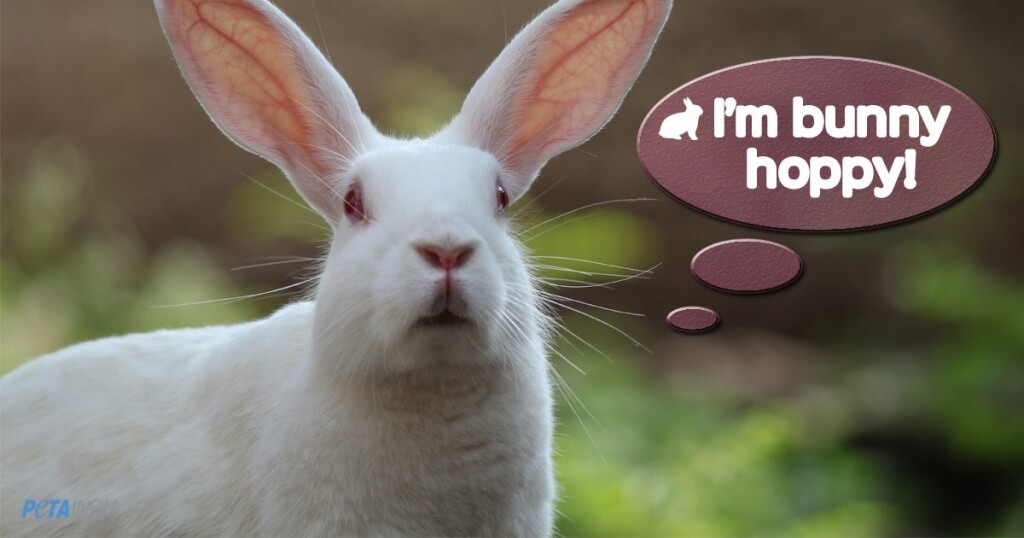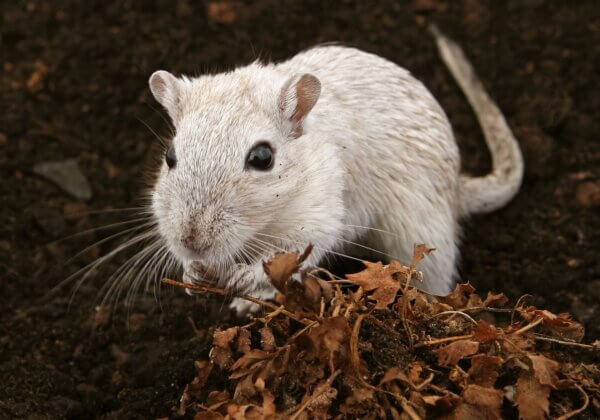Victory: India Ends Re-Testing of Drugs on Animals for New Drug Registrations
Following appeals from PETA India and Union Minister Maneka Gandhi, the Ministry of Health & Family Welfare has passed an amendment to Schedule Y of the Drugs and Cosmetics Rules, 1945, which spares animals testing for new drug registrations when complete data from earlier toxicity experiments already exist for drugs approved abroad.
The Gazette notification, which can be found here, reads:
- In Schedule Y to the said rules, in Appendix I, in item 4, after sub-item 4.8, the following note shall be inserted, namely:
Note. Where the data on animal toxicity as per the specifications of Appendix III has been submitted and the same has been considered by the regulatory authority of the country which had earlier approved the drug, the animal toxicity studies shall not be required to be conducted in India except in cases where there are specific concerns recorded in writing.
Last year, after reviewing the requests from PETA India and Union Minister Gandhi, the Investigational New Drugs Committee recommended to the Drug Technical Advisory Board that animals be spared cruel tests for new drug registrations when complete data from earlier toxicity experiments already exist for drugs approved abroad. Also, PETA India supporter and X-Files star Gillian Anderson, who was in India filming Gurinder Chadha’s Viceroy’s House, penned a letter to the Indian Minister of Health & Family Welfare requesting that he quickly remove the requirement for duplicative toxicity testing on animals by amending The Drugs and Cosmetics Rules, 1945. Numerous people also contacted the ministry in favour of the ban via PETA India’s online action alert.
“By ending redundant and painful tests on animals, the Indian government will be sparing the lives of potentially hundreds of thousands of animals each year”, says PETA India research associate Dr Dipti Kapoor. “PETA India will continue to work to prevent other animals from being painfully and lethally poisoned in archaic, unreliable tests.”
Because of the vast physiological and biochemical differences between humans and the rats, mice, and other animals used in toxicity tests, the results are often misleading, but regulators still typically require animal tests for drugs. However, progressive scientists are developing sophisticated non-animal testing techniques that are more effective, produce faster and more human-relevant results, and are economically cheaper in the long run, such as the “organs-on-chips” that replicate human physiology, diseases, and drug responses more accurately than animal experiments.
What You Can Do
You can help animals who suffer for experiments. Urge Air India to stop transporting animals to laboratories.










